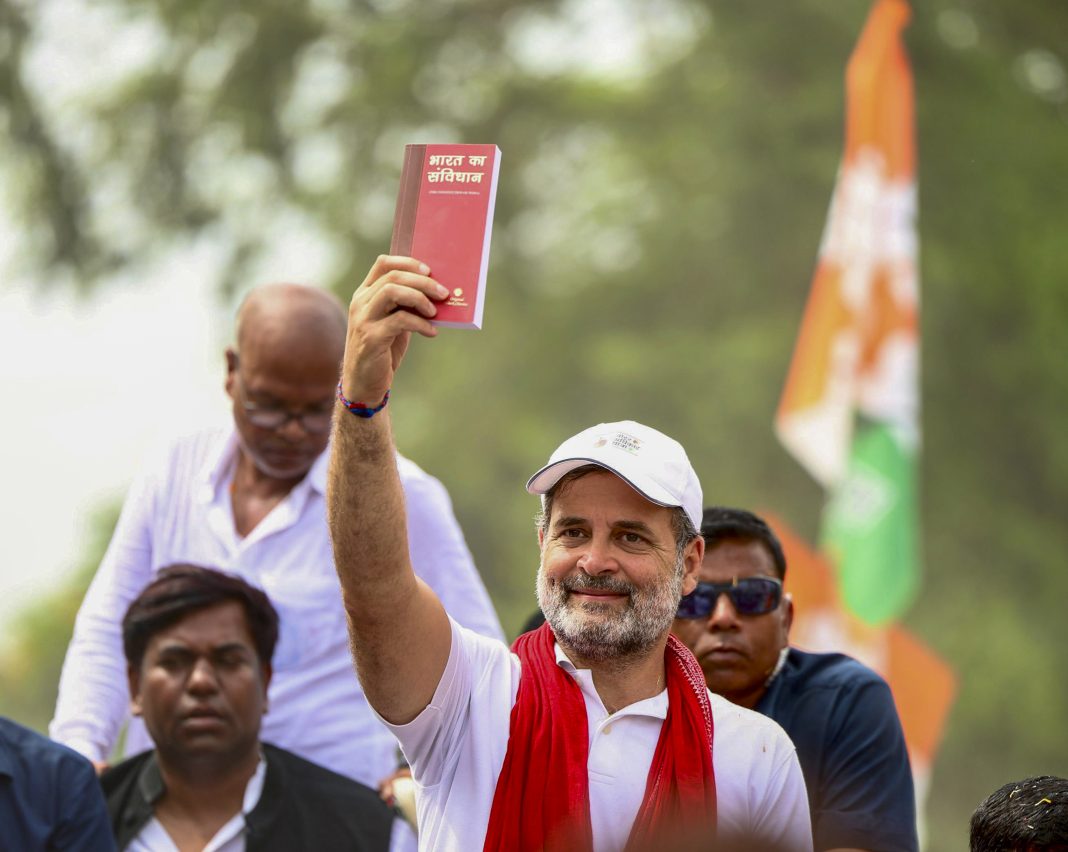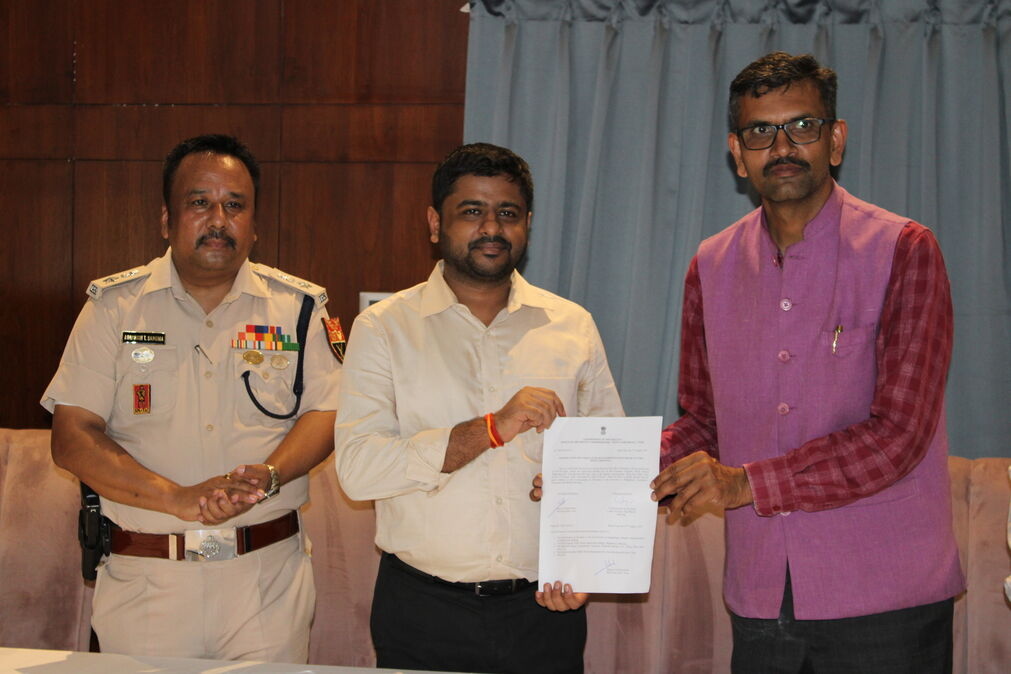Dhaka, Aug 28: Bangladesh’s top electoral body on Thursday unveiled a roadmap for the general election to be held in February next year, saying the poll schedule would be announced at least 60 days before the voting date.
“The Chief Adviser’s Office has asked us to hold the election before Ramadan. If I am not mistaken, Ramadan will begin on February 17 or 18. From this, you can calculate the probable election date,” Election Commission’s Senior Secretary Akhtar Ahmed said at a press briefing here.
He said under the roadmap, discussions with political parties and other stakeholders would be held by the end of September and “it may take one to one and a half months” to complete the process.
Ahmed said the Election Commission set the election target for the first half of February and the roadmap was prepared in line with the directives issued by the interim government’s chief adviser Muhammad Yunus. It received the commission’s approval on Wednesday, he added.
The EC announced the roadmap prioritising 24 key tasks relating to the amendment of the relevant laws like the Representation of the People Order (RPO), Delimitation of Constituencies Act, the Voter List Act, the Election Officers (Special Provisions) Act 1991 and the Election Commission Secretariat Act 2009.
Ahmed said that the other issues to be settled included finalisation of the voter list in phases, policy for domestic and foreign observers and journalists, and registration of new political parties.
The roadmap expected that the EC could announce the election schedule in the second or third week of December.
In a televised address to the nation on August 5, Yunus announced that the 13th parliamentary election would be held before Ramadan, in February next year.
The roadmap was announced while the student-led National Citizen Party (NCP), which merged this year, apparently with Yunus’s blessings, expressed their reservations against planned polls under the existing system and scenario.
Shortly after the EC’s announcement, the NCP said the roadmap suggested the interim government’s “breach of promise”.
The NCP, which is yet to secure the EC registration, was floated in February as a large offshoot of Students against Discrimination (SAD) that led a massive street movement, leading to the ouster of prime minister Sheikh Hasina’s Awami League regime on August 5 last year. Three days later, Yunus flew from Paris to assume the charge of the interim government.
“Announcing the roadmap before declaring the implementation of the ‘July Charter’ is tantamount to breaking promises,” former SAD leader and NCP’s Joint Convener Ariful Islam Adeeb told a press conference.
Flanked by other party leaders, Adeeb warned that this move could create future crises for which “the government must bear responsibility”.
The NCP has been waging a campaign to implement the “July Charter” through a new constitution framed by a Constituent Assembly, replacing Bangladesh’s 1972 Constitution.
Jamaat-e-Islami, on the other hand, is demanding the election to be held under “proportional representation” or PR system, eying to ensure its greater stake in the future parliament.
Both Jamaat and NCP are also pressing for the completion of the trial of Hasina and her regime leaders for their alleged role in the attempt to crush last year’s uprising.
Hasina is being tried in absentia at the International Crimes Tribunal on several charges.
Former prime minister Khaleda Zia’s Bangladesh Nationalist Party (BNP) has emerged as the single largest party in Awami League’s absence after Yunus’ government disbanded its activities under an executive order.
Despite assurances by Yunus and several of his advisers about free and fair polls within the announced deadline, a sense of uncertainty grew among political parties because of the comments and gestures of the NCP. (PTI)



